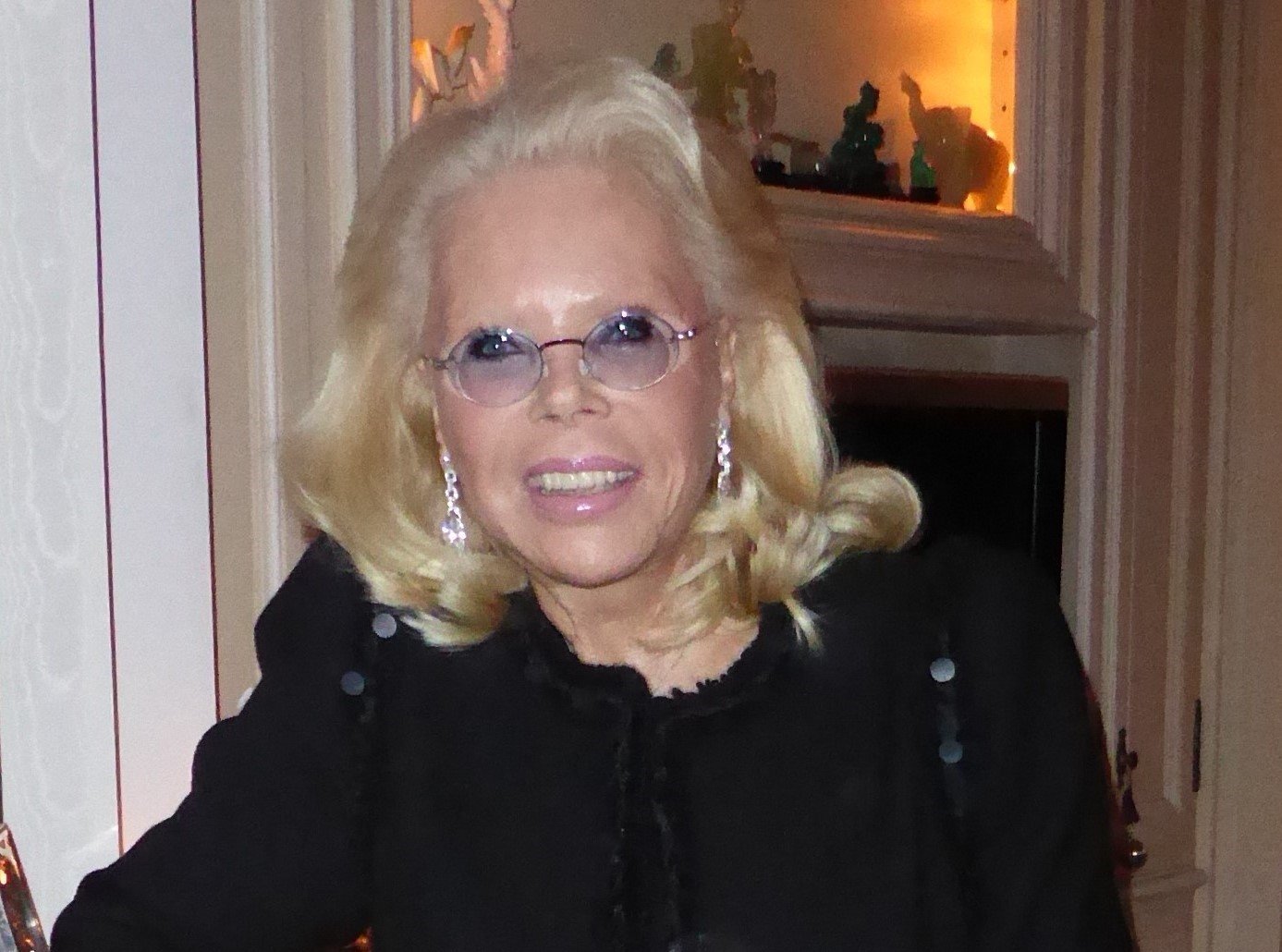
The estate of Austrian art collector Heidi Horten, who inherited her fortune from her husband, German department store magnate Helmut Horten, is being cleared out, with its contents being put up for auction.
The news was first reported by the Austrian newspaper Der Standard, which described the estate as trying to “discreetly dispose” of the items within the home. According to the publication, the items are being sold by the clearance and recycling company Cavinnash in a number of auctions with the title of “Residence Dissolution.”
It was not immediately clear if all the sales marked as “Residence Dissolution” on the Cavinnash website are from Horten’s estate, but among the various lots are linen sheets embroidered with Horten’s initials. Other items reportedly include fur and designer clothing, appliances and consumer electronics, and a fan scarf for the Klagenfurt Athletic Sports Club ice hockey team. Starting prices are listed as low as €1, about a dollar.
Horten’s villa is located in the village of Sekirn on Lake Wörthersee in Carinthia, Austria, and is reportedly being sold for €80 million, according to the newspaper. The HGH-Vermögen-Stiftung (Heidi Goëss Horten Fortune Foundation) was reported to be the likely client working with Cavinnash to clean out her home. A spokesperson for the foundation did not provide comment to the newspaper.
The Heidi Horten Collection museum in Vienna. Photo by Rupert Steiner, ©Heidi Horten Collection.
Born in Vienna in 1941, Horten married Helmut Horten when she was 25. Together, they amassed an enviable art collection of Picassos, Warhols, and Chagalls, before Helmut died in 1987, leaving his widow a billion-dollar fortune. Horten would grow that wealth such that she was worth $2.9 billion by the time of her death in June 2022. Just 10 days before her passing, she opened a private museum in Vienna, filled with her collection of 700 artworks.
In 2023, Christie’s announced a massive auction of Horten’s jewelry in a two-part sale, though failed to disclose the source of Helmut Horten’s wealth, as reported by Artnet News’s Katya Kazakina. Helmut was a member of the Nazi Party during World War II and made his fortune by buying up businesses from Jewish owners. The first part of the auction went ahead and raked in $202 million, with 98 percent of lots sold. But, following months of pressure, Christie’s cancelled the second part of the sale.
Artnet News has reached out to Cavinnash for more information but did not hear back by press time.
More Trending Stories:
A Case for Enjoying ‘The Curse,’ Showtime’s Absurdist Take on Art and Media
Artist Ryan Trecartin Built His Career on the Internet. Now, He’s Decided It’s Pretty Boring
I Make Art With A.I. Here’s Why All Artists Need to Stop Worrying and Embrace the Technology
Sotheby’s Exec Paints an Ugly Picture of Yves Bouvier’s Deceptions in Ongoing Rybolovlev Trial
Loie Hollowell’s New Move From Abstraction to Realism Is Not a One-Way Journey